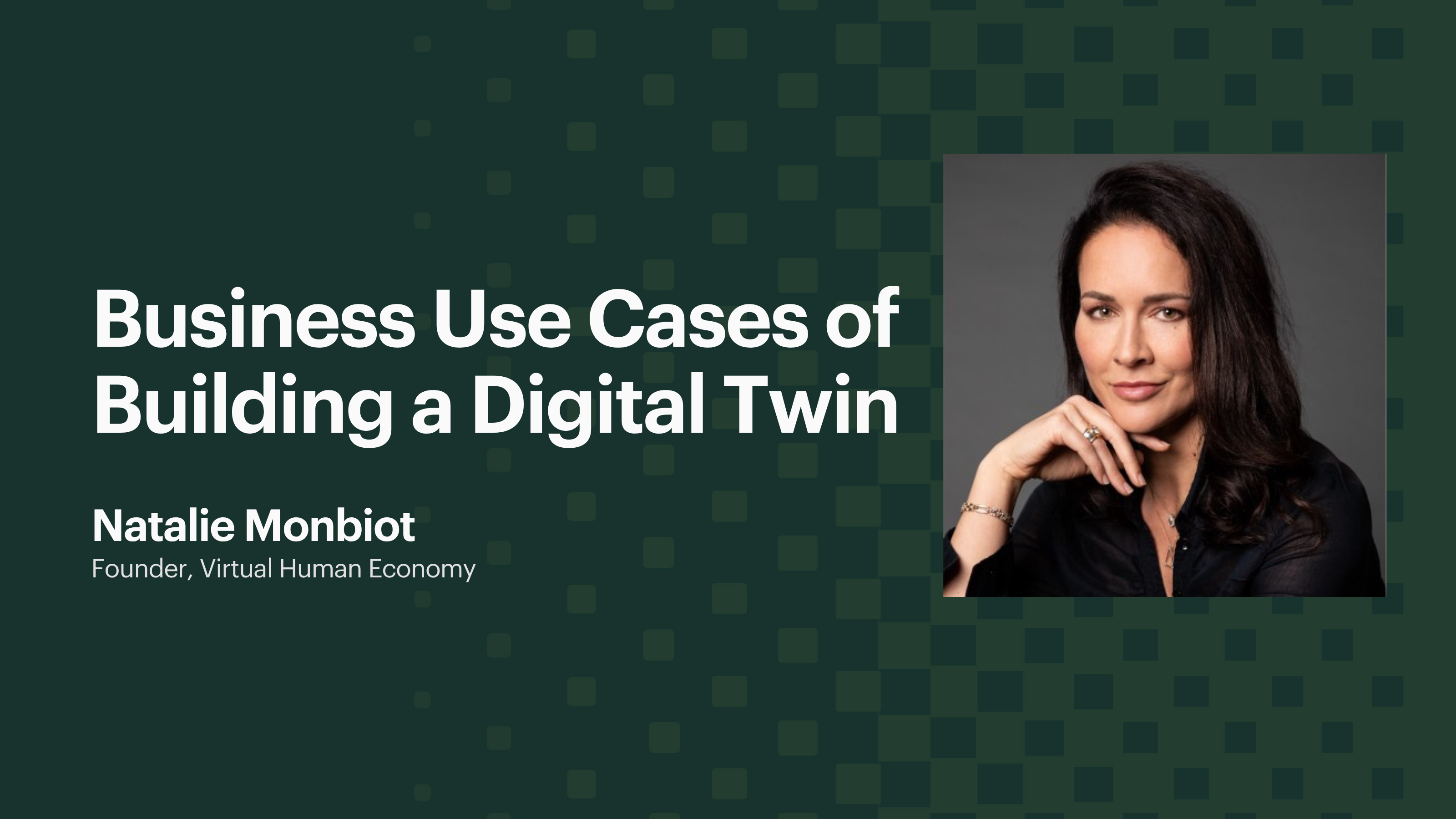The Problem Every Expert Knows Too Well
We are in the age of digital hoarding. Our Google Drives are graveyards of good intentions, filled with folders labeled "Important Stuff" and "Read Later" that we never actually read later. Our LinkedIn posts disappear into the social media void. Our Notion pages multiply like rabbits, each one containing fragments of brilliance that never connect to form the bigger picture.
Meanwhile, we're constantly re-inventing the wheel. How many times have you found yourself explaining the same concept to different clients, knowing you wrote about it beautifully somewhere, but unable to remember where? How often have you started a proposal from scratch, forgetting about that perfect template buried in your 2022 folder?
The cruel irony is that knowledge workers are drowning in their own knowledge. We create more insights than we can organize, capture more wisdom than we can access, and develop more intellectual property than we can leverage.
Meet Your Knowledge Hub: The Command Center for Your Expertise
The Wizly Knowledge Hub isn't another place to dump your files. It's your intellectual command center, a centralized brain that automatically ingests, organizes, and connects your insights across every platform you use.
Think of it as having a brilliant assistant who never sleeps, never forgets, and never loses track of where you put that important thing. But instead of just organizing your content, this assistant understands it, connects it, and makes it instantly accessible when you need it.
Your Hub seamlessly syncs with LinkedIn, Twitter, Google Drive, Notion, voice recordings, and PDFs, everywhere your expertise already lives. It doesn't make you change how you work; it makes how you work infinitely more powerful.
What Makes the Knowledge Hub Different from Notion or Google Drive?
While traditional tools like Notion and Google Drive excel at storage and basic organization, Knowledge Hubs represent a fundamental evolution in how professionals interact with their expertise. The differences are transformational:
Semantic Context vs. Keyword Search
Traditional platforms rely on folder structures and keyword matching. Knowledge Hubs understand meaning and context, making your content searchable by intent rather than just specific terms. When you need insights about, for example "client retention," the system understands related concepts like customer success frameworks and relationship management strategies.
AI-Powered Application vs. Static Storage
The most significant difference lies in how content becomes actionable. While Notion and Google Drive store information, Knowledge Hubs actively use your content for automated proposal generation, coaching insights, and thought leadership content creation. Your expertise becomes the fuel for intelligent content creation rather than just reference material.
Cross-Platform Intelligence
Knowledge Hubs integrate natively with LinkedIn, Google Drive, Twitter, Notion, and other platforms where expertise naturally lives. Instead of manually copying content between systems, your insights flow automatically into a unified intelligence engine.
Integrated AI Playground with Premium AI Access
The Knowledge Hub powers an intelligent Playground, your creation engine. This isn't a separate AI tool; it's trained specifically on your content and expertise, enabling you to draft strategy memos, role-play client conversations, create workshop outlines, and transform long-form assets into targeted content pieces.
What sets the Playground apart is its pre-integration with leading paid versions of Claude 3.7, GPT-4.0, and Perplexity. This means you have access to the most advanced AI capabilities without managing multiple subscriptions or switching between platforms. The Playground intelligently combines your proprietary knowledge with these premium AI engines to deliver responses that are both authentically yours and strategically informed.
Real-World Applications
The Knowledge Hub transforms how consultants, coaches, and experts work. Instead of starting from scratch every time, you're building on the foundation of everything you've already created.
Proposal creation becomes lightning-fast when you can instantly pull relevant case studies, methodologies, and past responses. Instead of spending hours crafting a new proposal, you're curating your best thinking and customizing it for the specific opportunity.
Client onboarding gets dramatically better when you can access every relevant piece of content you've created about their industry, challenge, or situation. Your insights from previous similar engagements inform your approach from day one.
Content creation stops feeling like you're always starting with a blank page. Your Hub shows you connections between ideas you hadn't considered, surfaces relevant past content to build upon, and helps you identify gaps where new thinking would be valuable.
RFP responses become strategic advantages when you can quickly access similar past work, successful frameworks, and relevant case studies. You're not just responding to what they asked, you're demonstrating deep, connected thinking about their challenges.
The Compound Effect of Organized Knowledge
Over time, your Knowledge Hub becomes increasingly valuable. Each piece of content you create adds to the foundation, creating more connections and surfacing more opportunities. Your expertise compounds in ways that wouldn't be possible with scattered, unconnected content.
This compound effect shows up in practical ways. Your proposals get stronger because they draw from a deeper well of relevant experience. Your content becomes more sophisticated because you're building on previous insights rather than repeating yourself. Your client work improves because you have instant access to everything you've learned from similar situations.
.jpg)


